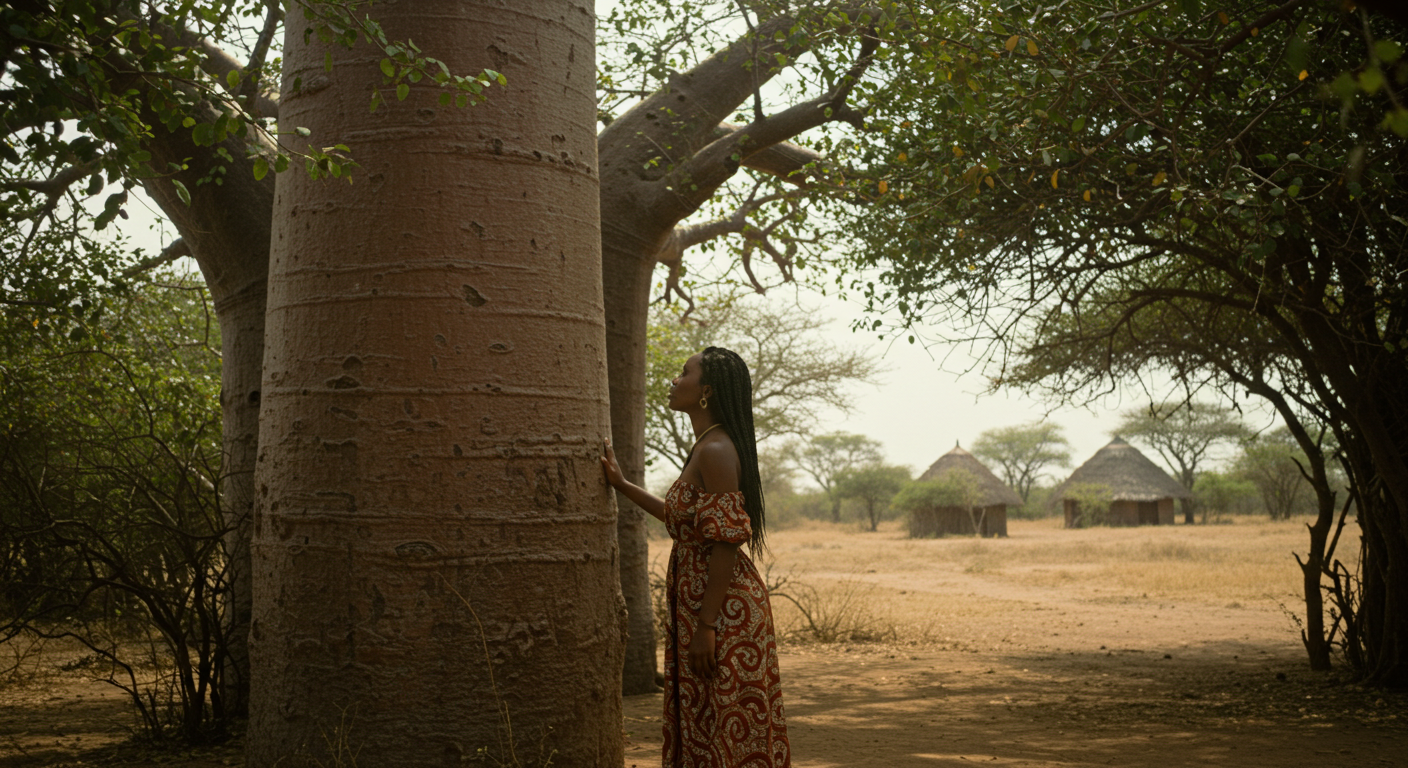For centuries, the transatlantic slave trade and migration scattered African descendants across the globe—from the Americas to the Caribbean, Europe to the Middle East. Yet, the desire to return home—spiritually or physically—has never faded. Today, that journey is more than symbolic. It is personal. It is healing. It is transformative.
The Emotional Weight of Homecoming
For many African descendants born abroad, the first step on African soil carries a profound emotional weight. It's not just travel—it's a pilgrimage. There’s a deep yearning to connect with lost ancestry, to touch the soil their forebears walked, and to reconcile identity gaps that textbooks and documentaries could never fill.
You may arrive in Ghana, Nigeria, or Senegal and be met with a warm welcome—or a puzzled stare. Still, something stirs within you. It feels like you've always known this place… even if it doesn’t know you back yet.
Unpacking Identity
Diaspora returnees often grapple with duality. In the West, they are seen as “too African.” In Africa, they may be viewed as foreigners. The accents, mannerisms, or expectations might differ—but that friction is where growth begins.
Language barriers, cultural nuances, and assumptions can all be challenges. But with time, immersion, and humility, new roots begin to grow. Learning how to cook jollof rice, joining traditional drumming circles, or even receiving a local name—all these moments slowly stitch together the fragments of identity.
Spiritual and Ancestral Connection
For many, returning to Africa goes beyond tourism. It's a soul-level awakening. Visiting slave dungeons like Cape Coast Castle or Badagry leaves a mark that words can’t describe. Pouring libations at an ancestral shrine, being part of a naming ceremony, or even walking barefoot in a village where your great-grandfather may have once lived—these are moments of quiet reconnection.
The Hard Realities
Romanticizing Africa is easy from a distance. But once on the ground, returnees must also reckon with infrastructural challenges, economic disparities, and different cultural expectations. Yet, these realities are part of the full picture. They deepen your appreciation for the resilience, ingenuity, and warmth of African societies.
Reclaiming and Rebuilding
Some returnees eventually move back. Others start businesses, join local NGOs, or invest in cultural projects. Each act is part of a larger mission: to reclaim heritage and rebuild a future that honors the past.
Returning to Africa is not a one-time event—it’s a lifelong dialogue with history, memory, and belonging. For diaspora returnees, Africa is not just a place on a map. It is a heartbeat. A whisper. A home waiting to be remembered.



